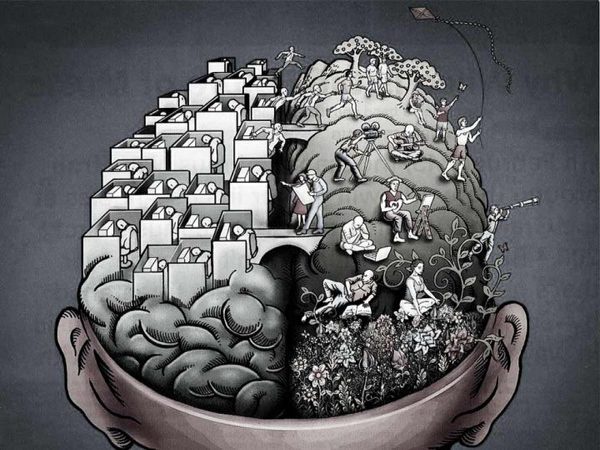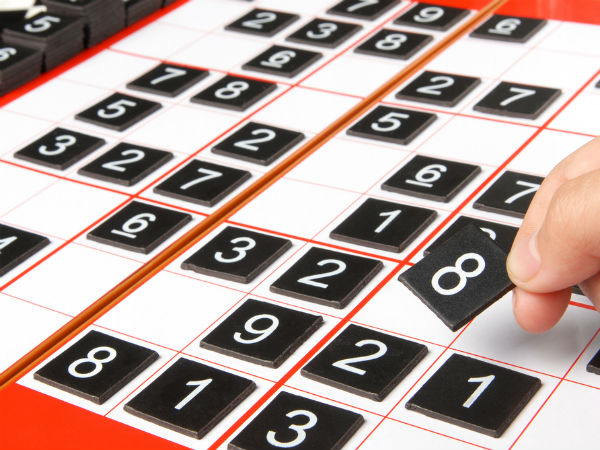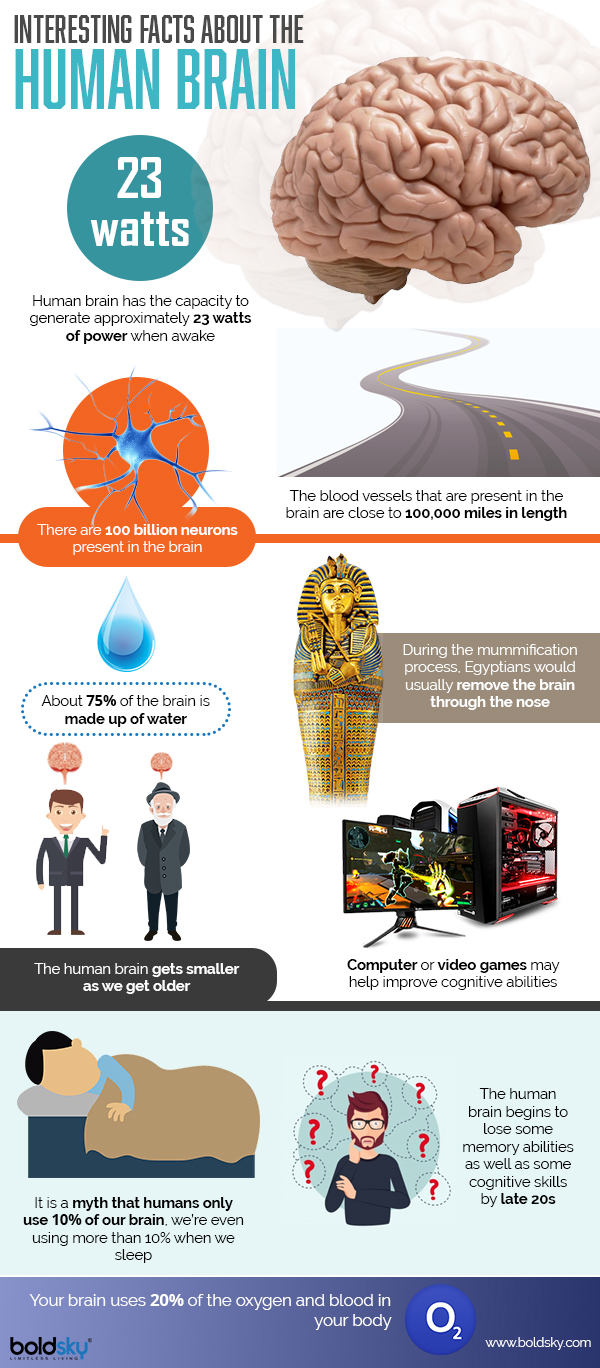Just In
- 1 hr ago

- 3 hrs ago

- 6 hrs ago

- 10 hrs ago

Don't Miss
- News
 Tamil Nadu Weather Alert: RMD Issues Heat Wave Warning
Tamil Nadu Weather Alert: RMD Issues Heat Wave Warning - Movies
 Ranam Aram Thavarel Full Movie Leaked Online In HD For Free Download Hours After It Hit The OTT Platform
Ranam Aram Thavarel Full Movie Leaked Online In HD For Free Download Hours After It Hit The OTT Platform - Automobiles
 Ford Territory SUV Name Trademarked – Likely To Be Positioned Below The Everest SUV
Ford Territory SUV Name Trademarked – Likely To Be Positioned Below The Everest SUV - Sports
 Roman Reigns transitioning to Hollywood after WWE WrestleMania 40 loss
Roman Reigns transitioning to Hollywood after WWE WrestleMania 40 loss - Finance
 IRFC, RVNL, IRCTC, Railtel: Railway Stocks In Focus As Election Polls Begin; Mega Rs 10-12 Lakh Crore Plan
IRFC, RVNL, IRCTC, Railtel: Railway Stocks In Focus As Election Polls Begin; Mega Rs 10-12 Lakh Crore Plan - Technology
 OnePlus Ace 3 Pro Leak Hints at New Design; Expected Launch, Specifications We Know So Far
OnePlus Ace 3 Pro Leak Hints at New Design; Expected Launch, Specifications We Know So Far - Travel
 Journey From Delhi To Ooty: Top Transport Options And Attractions
Journey From Delhi To Ooty: Top Transport Options And Attractions - Education
 IIIT-Bangalore Introduces PG Diploma In Digital Product Design And Management
IIIT-Bangalore Introduces PG Diploma In Digital Product Design And Management
8 Effective Brain Exercises To Improve Your Memory
The human brain is the most complex organ, the command centre of the human nervous system. 22 July is World Brain Day and therefore, it is the perfect day to know about the function of the human brain in detail. Being the central organ, the brain controls most of the bodily activities and help the process, integrate and coordinate information. With time and age, the functions of your organs can deteriorate and your brain too undergoes these changes. Memory loss, the primary indication of ageing is normal and nothing to be worried about [1] .

However, it is critical that you have a well-functioning brain because, without memory skills, one would not even be able to learn anything, be it studies or basic life skills because most of the actions we carry out are learnt from imitation and remembering when we are younger. Memory can be described as a cognitive process in which a person's mind or brain, stores information so that it can be retrieved whenever required [2] .
We can boost our brain and protect our memory by exercising some healthy habits on a daily basis. Brain exercises or exercises for improving your brain health (memory, concentration, attention etc.) are becoming common in recent times [3] . There are several brain exercises to boost your memory such as brain games, socialising, meditation etc. Read on to know the different ways through which you can improve your memory.
Exercises To Improve Your Memory
1. The 4-details observation exercise
The goal of this exercise is to observe the details and recall them later. Also termed as passive memory training, the exercise requires you to observe things and make your brain recall the information later. Under this one, you are required to observe details about real people, buildings, cars, movies or series [4] . Focusing your attention on details about real people are more effective in comparison to objects. You are required to notice 4 details about the person and recall them later in the day, which works your brain into improving your memory [5] .
2. Memory palace
You may have seen this in 'Sherlock', where the exceptionally smart detective uses his mind palace to remember everything that has happened around him. The mnemonic device is also termed as the method of loci or cicero method [6] . The memory enhancement method uses visual images (visualisation) through one's spatial memory (part of the memory responsible for the recording of information about one's environment).

[Source: Think Tank]
3. Spaced repetition
This method focuses on practising remembering at the right time. Spaced repetition requires one to reinforce the information in your mind. This technique can be applied using flashcards; organise your flashcards into three batches and test your memory by checking whether the information you remembered is correct. Start with small intervals and then increase the time gap [7] .
4. Number brain exercises
Doing maths in your head is one of the most effective means to improve your memory. Figure out problems in your head instead of writing it down on a paper or using a calculator. Try to do it while walking because, as your brain is required to give attention to both the actions (calculation and walking), strengthens your working memory [8] .

5. Repeat and recall
Train yourself to focus on what people are saying, while they are talking to you. Listen to the person and repeat their words in your mind as the conversation goes. By practising your memory to recall the information and details, you are exercising your brain [9] .
6. Visualisation practice
For this exercise, you can practice exercising your brain by creating pictures in your head. The visualisation method helps you remember the incidents by the minute details [8] , that is, pay attention to the location, the person and similar things involved in the scene (be it a movie, a conversation with someone or an object).

7. Learn a foreign language
Bilingualism is extremely beneficial for your brain. Learning to speak and read a new language requires your brain recalling information on a constant note. It helps increase the impact and effectiveness of exercising your brain [10] .
8. Mind mapping
This type of brain exercise help improve your association, imagination and creativity, thereby having a direct impact on improving your memory as well. By using keywords, associations, connections, colour and image, a mind map requires you to imagine and remember events - helping your brain function effectively and improve memory [11] .

Some of the other ways through which one can improve their memory are by learning to play a music instrument, learning how to cook a new cuisine, trying to identify individual ingredients in your meal, taking up a new hobby that involves fine-motor skills and also by learning a new sport [12] .
Learning something new, as aforementioned, is the easiest and one of the most effective ways to improve your memory [13] . Exercising on a regular basis is also effective because you need to have good health to take care of your mind [14] . Some studies have asserted that using your non-dominant hand can improve your memory as your brain is required to function in a way that it is not usually used to.
- [1] Erickson, K. I., Voss, M. W., Prakash, R. S., Basak, C., Szabo, A., Chaddock, L., ... & Wojcicki, T. R. (2011). Exercise training increases the size of hippocampus and improves memory. Proceedings of the National Academy of Sciences,108(7), 3017-3022.
- [2] Berchtold, N. C., Chinn, G., Chou, M., Kesslak, J. P., & Cotman, C. W. (2005). Exercise primes a molecular memory for brain-derived neurotrophic factor protein induction in the rat hippocampus.Neuroscience,133(3), 853-861.
- [3] Smith, G. E., Housen, P., Yaffe, K., Ruff, R., Kennison, R. F., Mahncke, H. W., & Zelinski, E. M. (2009). A cognitive training program based on principles of brain plasticity: results from the Improvement in Memory with Plasticity‐based Adaptive Cognitive Training (IMPACT) Study.Journal of the American Geriatrics Society,57(4), 594-603.
- [4] Ploughman, M. (2008). Exercise is brain food: the effects of physical activity on cognitive function.Developmental neurorehabilitation,11(3), 236-240.
- [5] Bherer, L., Erickson, K. I., & Liu-Ambrose, T. (2013). A review of the effects of physical activity and exercise on cognitive and brain functions in older adults.Journal of aging research,2013.
- [6] Van Praag, H. (2009). Exercise and the brain: something to chew on.Trends in neurosciences,32(5), 283-290.
- [7] Tully, T., Bourtchouladze, R., Scott, R., & Tallman, J. (2003). Targeting the CREB pathway for memory enhancers.Nature Reviews Drug Discovery,2(4), 267.
- [8] Cotman, C. W., & Berchtold, N. C. (2002). Exercise: a behavioral intervention to enhance brain health and plasticity.Trends in neurosciences,25(6), 295-301.
- [9] Smith, G. E., Housen, P., Yaffe, K., Ruff, R., Kennison, R. F., Mahncke, H. W., & Zelinski, E. M. (2009). A cognitive training program based on principles of brain plasticity: results from the Improvement in Memory with Plasticity‐based Adaptive Cognitive Training (IMPACT) Study.Journal of the American Geriatrics Society,57(4), 594-603.
- [10] Ball, K. K., Vance, D. E., Edwards, J. D., & Wadley, V. G. (2004). Aging and the brain.Principles and practice of behavioral neurology and neuropsychology, 795-809.
- [11] Tharmaratnam, T., Tabobondung, T., Tabobondung, T., & Doherty, S. (2018). Synergistic effects of brain-derived neurotrophic factor (BDNF) and exercise intensity on memory in the adolescent brain: a commentary.Environmental health and preventive medicine,23(1), 12.
- [12] Tabibnia, G., & Radecki, D. (2018). Resilience training that can change the brain.Consulting Psychology Journal: Practice and Research,70(1), 59.
- [13] Lima, M. G. P., Schimidt, H. L., Garcia, A., Daré, L. R., Carpes, F. P., Izquierdo, I., & Mello-Carpes, P. B. (2018). Environmental enrichment and exercise are better than social enrichment to reduce memory deficits in amyloid beta neurotoxicity.Proceedings of the National Academy of Sciences,115(10), E2403-E2409.
- [14] McEwen, S. C., Siddarth, P., Abedelsater, B., Kim, Y., Mui, W., Wu, P., ... & Kaiser, S. (2018). Simultaneous Aerobic Exercise and Memory Training Program in Older Adults with Subjective Memory Impairments.Journal of Alzheimer's Disease,62(2), 795-806.
-
 healthWorkout Your Way Through Alzheimers: The Power of Fitness Routines
healthWorkout Your Way Through Alzheimers: The Power of Fitness Routines -
 healthWorld Alzheimer's Day 2023: Tongue Exercises To Reduce Risk Of Developing Dementia And Alzheimer's
healthWorld Alzheimer's Day 2023: Tongue Exercises To Reduce Risk Of Developing Dementia And Alzheimer's -
 healthWorld Alzheimer's Day 2023: FAQs On Date, Theme, History, Significance And More
healthWorld Alzheimer's Day 2023: FAQs On Date, Theme, History, Significance And More -
 healthWhat Happens To Your Brain In Alzheimer's Disease?
healthWhat Happens To Your Brain In Alzheimer's Disease? -
 wellnessSmartphones And Other Digital Devices May Help Improve Memory, Says New Study
wellnessSmartphones And Other Digital Devices May Help Improve Memory, Says New Study -
 disorders cureWhat Is Hyperthymesia, A Superhero Medical Condition That Makes People Remember Everything? Causes And Symptom
disorders cureWhat Is Hyperthymesia, A Superhero Medical Condition That Makes People Remember Everything? Causes And Symptom -
 healthAlzheimer's Month: MTV 'Memory Karaoke’ In A Bid To Empower Persons With Early Alzheimer's Disease
healthAlzheimer's Month: MTV 'Memory Karaoke’ In A Bid To Empower Persons With Early Alzheimer's Disease -
 basicsPhysical Activity During Childhood May Help Improve Cognitive Functions Later In Life, Study
basicsPhysical Activity During Childhood May Help Improve Cognitive Functions Later In Life, Study -
 life#ThisHappened2019: Biggest Moments On Twitter In India
life#ThisHappened2019: Biggest Moments On Twitter In India -
 newsNCBS Study Reveals Stress Can Affect The Removal Of Fear Memory
newsNCBS Study Reveals Stress Can Affect The Removal Of Fear Memory -
 disorders cureMemory Loss: Causes, Diagnosis And Treatment
disorders cureMemory Loss: Causes, Diagnosis And Treatment -
 nutritionWorld Brain Day 2020: 10 Foods To Boost Your Memory
nutritionWorld Brain Day 2020: 10 Foods To Boost Your Memory


 Click it and Unblock the Notifications
Click it and Unblock the Notifications



